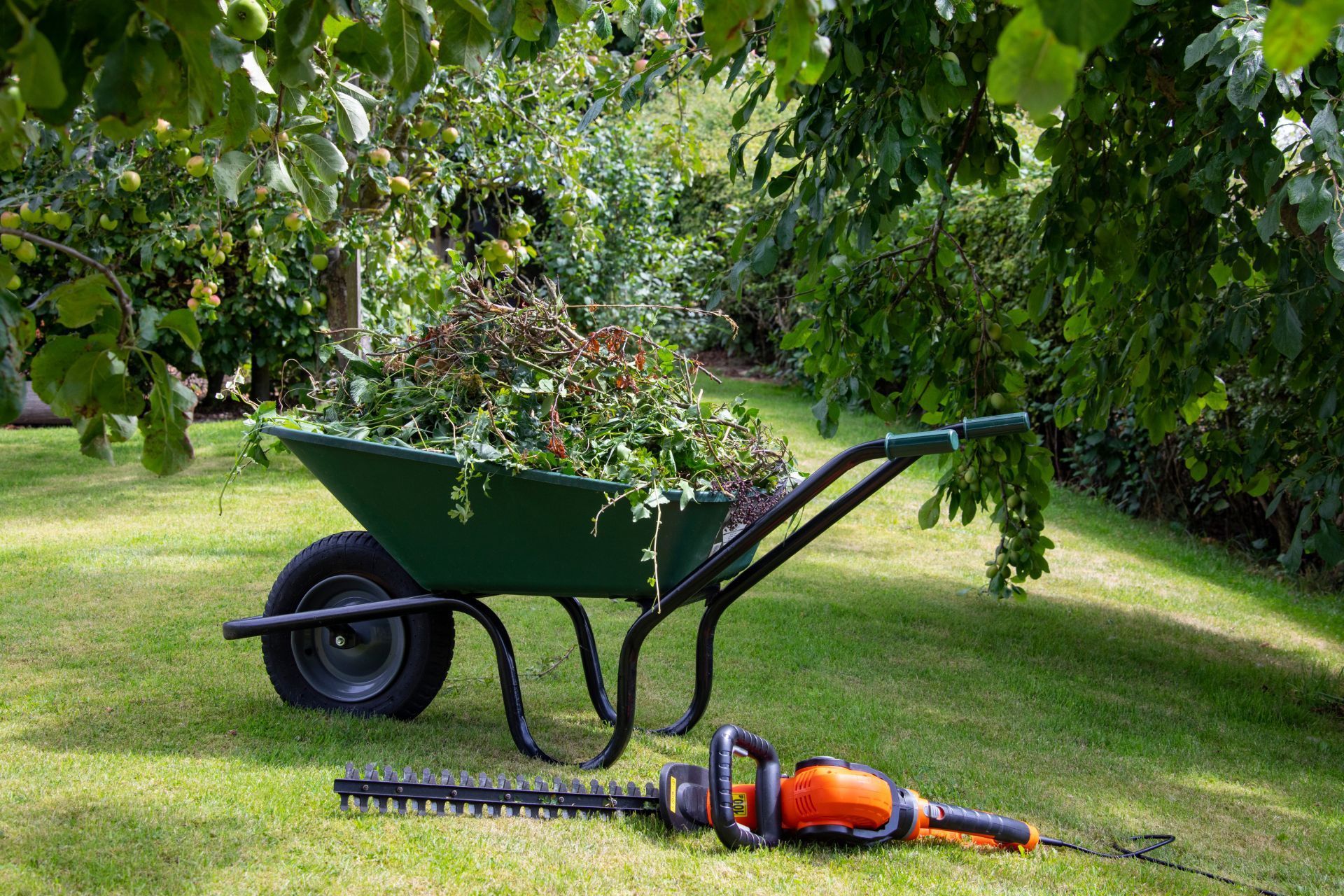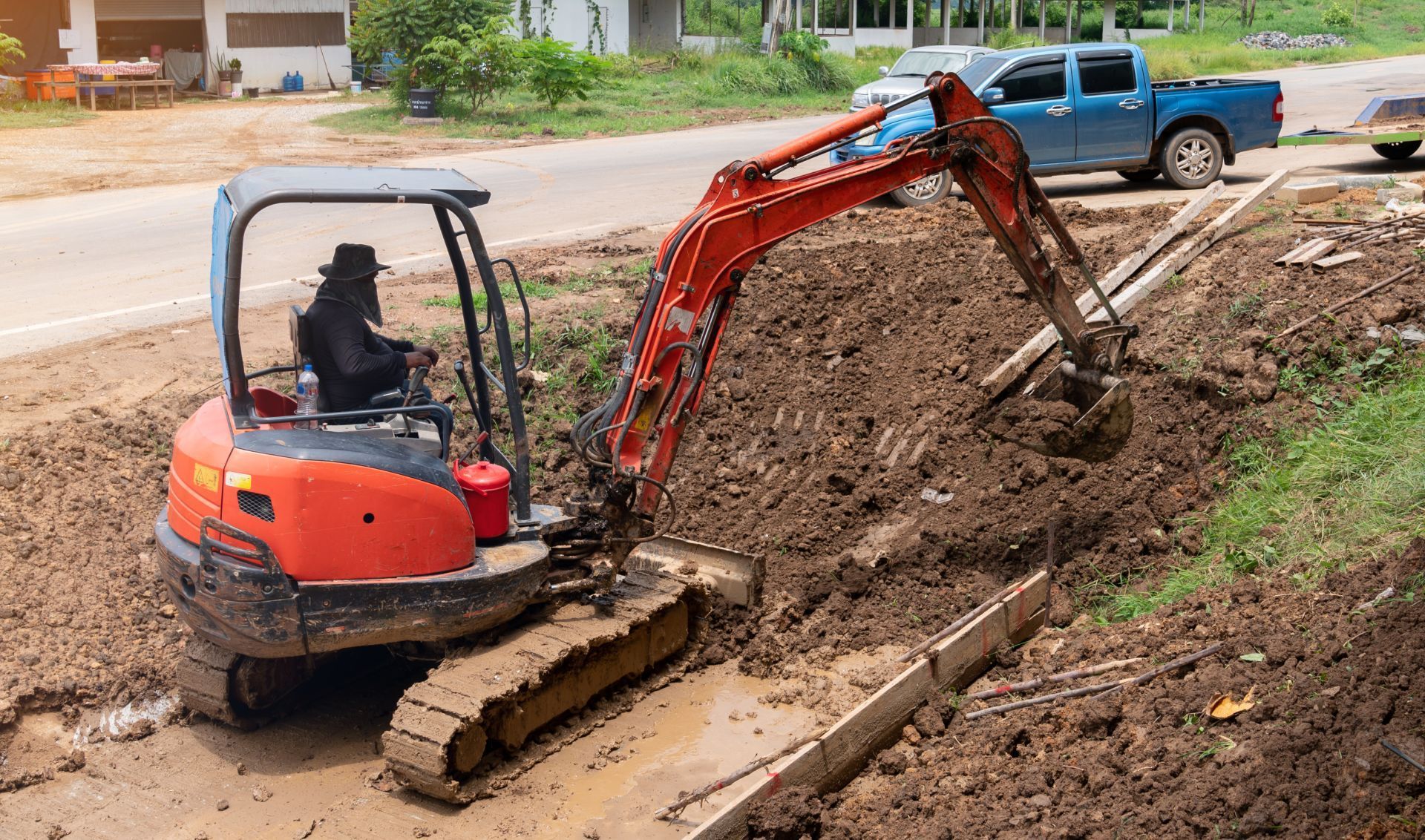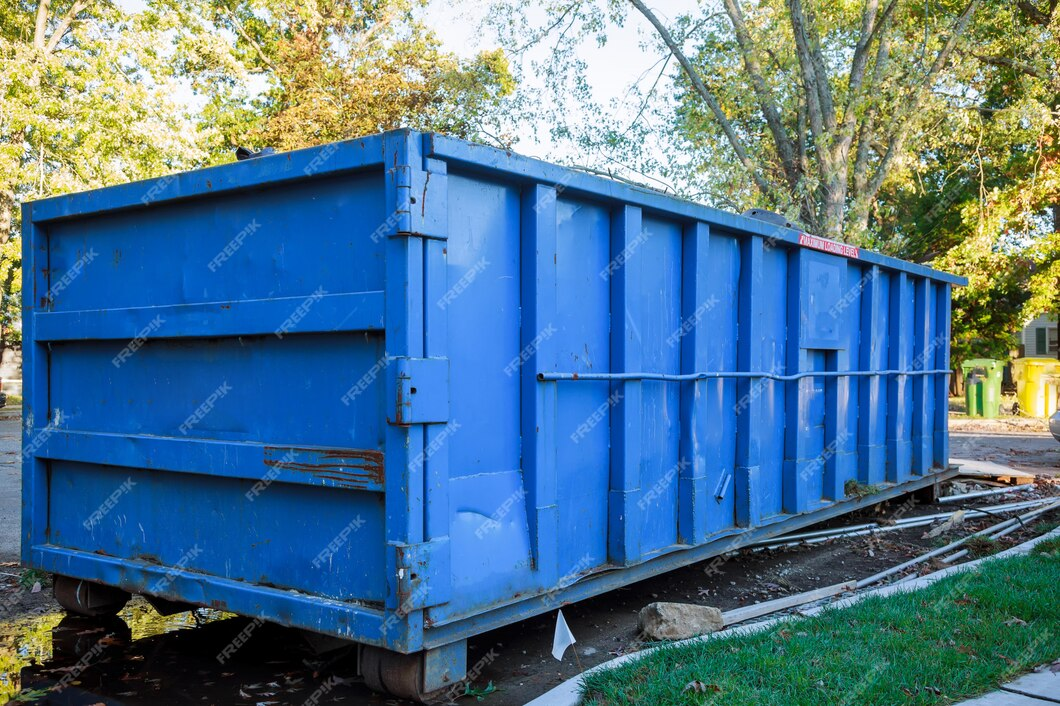Maximizing Job Site Efficiency with Atha Rental's Mini Excavators
Harnessing the Potential of Mini Excavators
In the landscape of construction and landscaping equipment, the mini excavator is a compact yet powerful machine with impressive versatility and efficiency. Often referred to as compact excavators, these nimble machines are becoming a popular choice for a diverse range of projects.
With their durability, adaptability, and ease of operation, mini excavators can handle everything from digging trenches, constructing outdoor living spaces, to maintaining property. In this guide, we at Atha Rental, a family-owned business in Monroe, GA, will help you explore the many applications of mini excavators, share operational tips, and provide crucial safety guidelines.
Characterized by their relatively small size, mini excavators nevertheless pack a punch when it comes to performance. Equipped with a backfill blade, an independent boom swing, and a set of tracks that provide excellent stability, these machines can navigate in limited-space areas while delivering robust digging capabilities. Whether you are a seasoned contractor or a homeowner embarking on a DIY project, a mini excavator can be an incredible asset.
The power of a mini excavator is not its only strong suit; it's also defined by versatility. Offering a variety of attachments, ranging from buckets and breakers to augers and grapples, a mini excavator can easily adapt to perform an extensive array of tasks. This adaptability has cemented its role as an indispensable tool in various construction disciplines.
Safety is of paramount importance when operating heavy equipment, including mini excavators. Therefore, this guide will also shed light on essential safety guidelines and best practices when using mini excavators. From maintaining the equipment to adopting appropriate operation techniques, these measures ensure that you can carry out tasks efficiently and safely.
Whether you're a novice operator or a veteran, this guide will offer insights into harnessing the potential of mini excavators, enhancing your project efficiency while prioritizing safety. So, let's dig deeper into the world of mini excavators, understanding the equipment, mastering its operation, and navigating your projects with enhanced confidence and competence.
The Multifaceted Applications of Mini Excavators
1. Digging Trenches and Hole Excavation
One of the primary uses of mini excavators is digging trenches or holes for various purposes such as utility installations, drainage ditches, or footings for construction projects. The compact size and powerful digging capacity enable these machines to access tight spots without compromising efficiency.
2. Land Clearing and Brush Removal
Equipped with a brush removal attachment, mini excavators can swiftly and effectively clear overgrown plots for wooded areas, making way for new landscape designs or construction efforts. They make short work of removing weeds, small bushes, or even tree stumps, streamlining the land clearing process.
3. Demolition and Debris Removal
When paired with specialized attachments like hydraulic hammers or breakers, mini excavators are perfectly suited for small-scale demolition jobs, such as breaking concrete slabs or dismantling small structures. Additionally, the combination of their precise movement and grapple attachments enables mini excavators to manage debris or waste removal efficiently.
4. Landscaping and Property Maintenance
Mini excavators can handle various landscaping tasks, from grading and leveling to constructing ponds or building retaining walls. With their agility and versatility, these machines significantly contribute to effectively maintaining and enhancing your property.
Operational Tips for Mini Excavator Mastery
1. Familiarize Yourself with the Controls
Before operating a mini excavator, take the time to thoroughly study its various controls and functionalities. Consequently, gaining a solid understanding of the machines' components, operation, and capabilities will positively impact your project efficiency and safety.
2. Choose Appropriate Attachments
Maximizing a mini excavator's versatility involves utilizing the right attachment for each task. Ensure you have the proper attachment options available for your specific project requirements, and consult with your equipment rental company for guidance on attachment selections.
3. Employ Smooth and Precise Movements
Operating a mini excavator efficiently involves adopting smooth, controlled movements to minimize sudden jerks or shocks. Gradually adjust the machine's speed to maintain precision in your work while enhancing stability and minimizing the risk of accidents or damage.
4. Plan and Assess the Workspace
Before commencing any project with a mini excavator, assess the workspace and plan your approach. Identify potential hazards and establish a safe, logical workflow to navigate the site effectively and avoid time-consuming repositioning or potential damage.
Safety Guidelines for Mini Excavator Operation
1. Conduct Pre-Operation Inspections
Regularly inspect the mini excavator before each use, checking for any signs of wear and tear, leaks, or damage that could impact the machines' performance or safety. Consult the user manual for a comprehensive maintenance checklist and ensure all necessary repairs and adjustments are completed before operation.
2. Follow Manufacturers' Guidelines
Always adhere to the mini excavator manufacturer's guidelines for safe and efficient operation. Pay close attention to the machine's load capacity, safe operating distances, and proper attachment procedures to guarantee a secure and successful project.
3. Be Cognizant of Your Surroundings
Maintain a constant awareness of your surroundings while operating the mini excavator. Ensure proper communication with fellow workers, be aware of any obstacles in your path, and always consult with onsite supervisors when transporting the machine to a new location.
4. Use Personal Protective Equipment (PPE)
Personal safety is crucial when using construction equipment. Ensure all operators and nearby personnel wear appropriate PPE, including hard hats, protective eyewear, gloves, and steel-toed boots.
Understanding the Rental Process
1. Determine Your Equipment Needs
Before consulting an equipment rental company, evaluate your specific project requirements to identify the appropriate mini excavator model and attachments you will need to complete your tasks effectively.
2. Find a Reputable Equipment Rental Company
Source a reputable, knowledgeable equipment rental company, such as Atha Rental, to ensure reliable, high-performance machines and responsive support services when needed.
3. Enquire About Insurance and Liability
When renting equipment, confirm that you possess the proper insurance coverage for equipment rental and are fully informed about liability and potential costs in case of accidental damage to the machinery.
Why Mini Excavators are a Must-have for your Construction Project
The versatility of mini excavators is an undeniable asset in the world of construction and landscaping. With their myriad applications and adaptability, these compact powerhouses significantly enhance project efficiency and capability.
By following the expert guidance outlined in this comprehensive guide, you will be well-equipped to utilize mini excavators to their full potential, ensuring safe, efficient, and successful completion of your projects.
If you are considering renting a mini excavator for your next project, turn to Atha Rental, a family-owned and affordable
equipment rental business in Monroe, GA. Our experienced team is committed to guiding you in finding the perfect mini excavator model and attachments to suit your unique requirements.
With our unwavering dedication to customer satisfaction and a range of high-quality equipment, Atha Rental is the ideal partner to help you achieve outstanding results in your construction or landscaping endeavors.










